Camper trailers offer unmatched variety, making it easy for new RVers to find a suitable model for their needs. They also have a relatively lower initial cost when compared to motorhomes, which can make them a more appealing option for those just starting their RV lifestyle. With a camper trailer, you’ll also be able to disconnect and leave it at your campsite while you explore the nearby attractions using your towing vehicle. This flexibility adds to the overall convenience and ease of use for first-time RV owners.
Key Takeaways
- Camper trailers offer a wide range of options and lower initial costs for new RVers
- They provide flexibility in exploring nearby attractions while leaving the trailer at the campsite
- Initial experience with camper trailers can help RVers make a well-informed decision about future investments.
Advantages of Starting with a Camper Trailer
Affordable Investment
Investing in a camper trailer for new RVers is an attractive option, as it is more affordable than motorhomes. Thus, allowing beginners to transition into the RV lifestyle without breaking the bank. A new motorhome can be notoriously expensive, with larger ones selling for more than $100,000, while camper trailers are available with much lower price tags, making them an excellent and budget-friendly choice.
Ease of Towing and Maneuverability
Camper trailers are much easier to tow and maneuver than larger motorhomes. New RVers can face challenges adapting to the size and handling of a larger vehicle, especially when navigating tight spaces and making turns. In contrast, camper trailers offer more driveability as they are not as bulky as a motorhome; you can use your existing truck or SUV to tow the trailer, making the overall driving experience much smoother. This Beginner’s Guide can help you understand the different types of RVs to make the most suitable choice.
Convenience and Simplicity of Setup
For first-time RVers like me, the ease of setting up the camper is essential. Camper trailers are less complicated, making them more user-friendly and quicker to ready for use. Compared to motorhomes, camper trailers have a simple setup process, enabling you to set it up efficiently and start enjoying your trip sooner.
While it may take some practice to become proficient at parking and leveling your camper trailer, the convenience and straightforward controls make it a natural choice for new RVers. With a more approachable learning curve, you’ll be able to quickly master the art of RVing and enjoy a comfortable, hassle-free adventure.
Lifestyle and Comfort Considerations
Exploring the RV Life
As a new RVer, one of the main reasons to start with a camper trailer is the opportunity to explore the RV life at a more affordable cost. Compared to motorhomes, camper trailers are generally less expensive to purchase, maintain, and insure. This makes them an excellent starting point for those who are not yet entirely sure if the RV lifestyle suits them.
Choosing a camper trailer also allows me to travel to various destinations without having to worry about the size of my vehicle. This means I can venture into areas that might be inaccessible with a larger RV, such as narrow roads, tight campsites, or remote locations. In my experience, this provides a sense of freedom and adventure that I might not have with a more substantial motorhome.
Amenities and Customization
A significant benefit of starting with a camper trailer is the flexibility in terms of amenities and customization. Camper trailers range from simple, basic models to fully-equipped trailers with all the comforts of home. According to RV Life, living in an RV full-time can put more pressure on every system in the vehicle. With a camper trailer, I can choose the features and functionalities that best suit my needs, and I can make adjustments as I become more experienced in RV living.
Moreover, the compact size of camper trailers allows for easier towing and maneuvering, making the overall experience of RV life more manageable for beginners. However, it’s important to note that smaller spaces require more efficient use of space, so I have to be mindful of my belongings and organization.
In summary, a camper trailer offers various benefits for new RVers, including a more affordable entry, flexibility in amenities and customization, and a manageable size for exploration. By starting with a camper trailer, I can confidently explore the RV life and get a deeper understanding of what I desire for a future, long-term RV experience.
Campsite Compatibility and Accessibility
As a new RVer, it’s essential for me to consider campsite compatibility and accessibility when choosing a camper trailer. In this section, I’ll cover “Navigating Campsite Restrictions” and “Utility Connections and Off-Grid Capabilities.”
Navigating Campsite Restrictions
Campsite restrictions can vary based on the type of campsite I choose and its specific regulations. For instance, some RV parks may have length limits or size restrictions on trailers that can affect my options. When choosing a camper trailer, I need to be mindful of the size requirements and do my research about the campsites I plan to visit.
Campsite Types:
- RV Parks: These are likely to have specific restrictions for RV sizes, including length, width, and height. They may also have rules about the number of occupants per RV, the pets (if allowed), and campsite properties (e.g., fire pits and landscaping).
- Campgrounds: Generally, campgrounds offer a more rustic experience and may have less stringent size restrictions than RV parks, but they can still have rules about campsite selection and setup. The accessible camping guidelines provide information about the minimum number of accessible campsites needed in a campground.
- Boondocking: Also known as dispersed camping or dry camping, boondocking allows RVers to camp on public lands without specific designated campsites. There are typically fewer restrictions in terms of camper trailer sizes, but I must be more conscious of leaving the area clean and practicing responsible camping habits.
Utility Connections and Off-Grid Capabilities
When considering camper trailers, I must also weigh their utility connections and off-grid capabilities against my preferences and camping locations. I will need to take into account the availability of water, sewer, and electricity connections at the campsite.
Utility Connections:
- Water: Many campsites will provide potable water connections. However, in more remote locations or while boondocking, I may need to rely on my camper trailer’s freshwater tank for water needs.
- Sewer: Campsites with full hookups will usually include a sewer connection to handle waste disposal. I should familiarize myself with the process of emptying the holding tanks of my camper trailer and properly managing my waste during off-grid stays.
- Electricity: The availability of electrical connections will vary between campsites. Campgrounds may offer different levels of service, such as 30-amp or 50-amp connections. In more remote locations or when boondocking, I may need to rely on a generator or solar panels to supply my camper trailer’s power needs.
All these factors will help determine the right camper trailer for me, which will provide a comfortable and accessible camping experience tailored to my preferences and campsite options.
Maintenance, Storage, and Long-Term Savings
Smaller Size, Lesser Maintenance
When it comes to maintaining your RV, size does matter. Smaller travel trailers usually require less maintenance compared to larger motorhomes. The more compact the trailer, the fewer components there are to maintain, repair, or replace. Since travel trailers do not have an engine or transmission, you can avoid the high costs of major repairs associated with motorhomes. Additionally, a routine RV maintenance task such as cleaning the roof and sealing cracks is more manageable due to the trailer’s size.
I feel confident in saying that the decision to go for a travel trailer can help you save on long-term expenses, especially if you are new to the world of RVing.
Storage Solutions for Compact Living
One of the challenges with RV ownership is finding a suitable storage solution when not in use. The advantage of having a smaller travel trailer is that you can usually store it on your property, which saves you money on monthly storage fees. Indoor storage options can charge anywhere between $50 to $500 depending on the facility and amenities. However, with a compact trailer, you’re less likely to need a specialized storage facility.
Furthermore, proper storage of your trailer also helps avoid issues like storage compartment leaks, which could lead to additional repair costs.
In your travel trailer’s compact living space, you’ll find that smart storage solutions are essential to maximize space usage. It’s also vital to protect its interior components, like tinting the RV windows, which offers protection against UV damage and improves privacy.
By considering maintenance, storage, and long-term savings, it becomes clear that starting with a camper trailer can be a wise decision for new RVers. The smaller size not only reduces ongoing costs and storage woes but also offers a more manageable entry point into the exciting world of RVing. With careful planning and attention to the essentials, your RV experience will be enjoyable and budget-friendly.
Making the Right Choice for Each RVer
Types of RVs and Finding the Perfect Fit
When beginning your RV journey, it’s important to understand the different types of rvs available, and which one might be the perfect fit for you. In general, RVs can be divided into three main categories: motorhomes, travel trailers, and fifth wheels.
Motorhomes are self-contained, drivable homes on wheels, typically built on a truck or bus chassis. They offer various levels of amenities and can range from simple and economical to luxurious and spacious.
Travel trailers are towable RVs that can be pulled behind a vehicle, such as a truck or an SUV. These units provide the benefit of being able to unhitch the RV from the tow vehicle, allowing you to use your vehicle for local trips while the RV remains stationary at the campsite.
Fifth wheels are similar to travel trailers, but with a special hitch that connects to a truck bed, making them more stable and easier to tow. They usually offer more living space and amenities, such as multiple slide-outs and high ceilings, compared to travel trailers.
Before making a decision, consider factors such as your budget, preferred travel style, and the space you will need. Also, think about the registration requirements and address options for RV living, as they may vary depending on the type of RV you choose.
Renting vs. Owning Your First RV
For newbies in the RV world, renting or owning an RV can be a significant decision. Both options have their advantages and disadvantages.
Renting an RV is a great way to test the waters before committing to an RV purchase. It allows you to experience various types of RVs, learn about their operation and maintenance, and determine your preferences. However, renting can be more expensive in the short term, and you won’t have the opportunity to customize the RV according to your needs and tastes.
Owning an RV, on the other hand, grants you more freedom to explore, choose your own travel pace, and customize your living space. However, RV ownership also comes with responsibilities such as maintenance, insurance, and storage. Keep in mind that the process of buying a used RV can be daunting, especially when dealing with potentially shady RV dealers. Be prepared to do thorough research and ensure you’re making an informed purchase.
Ultimately, the right decision will depend on your personal preferences, budget, and how committed you are to the RV lifestyle. Take your time, consider both options, and make the choice that suits you best.


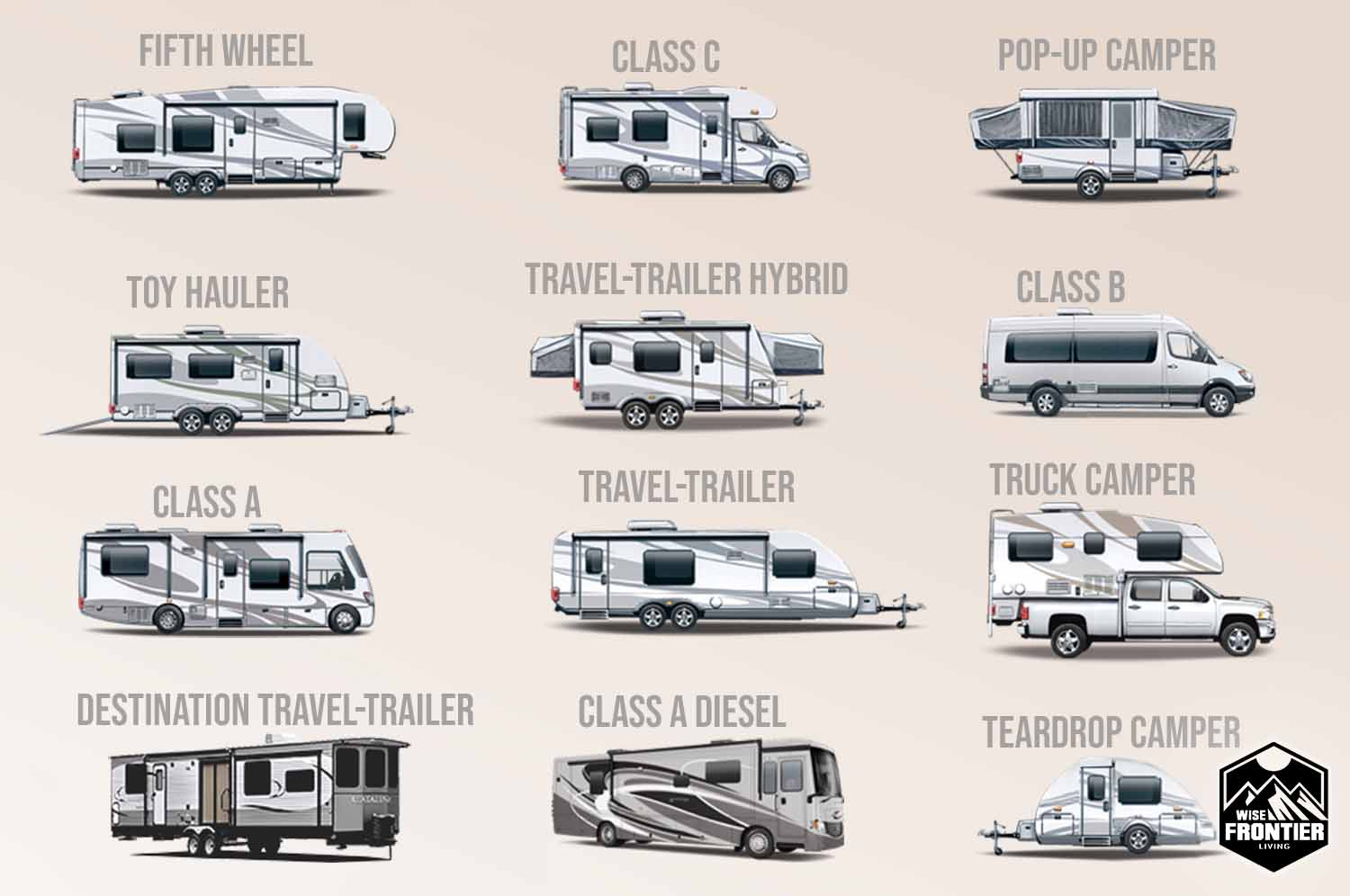
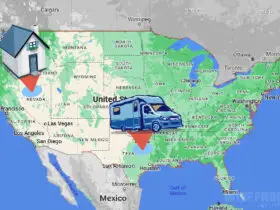
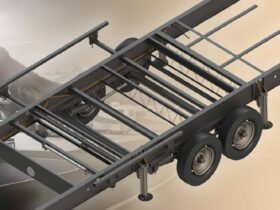
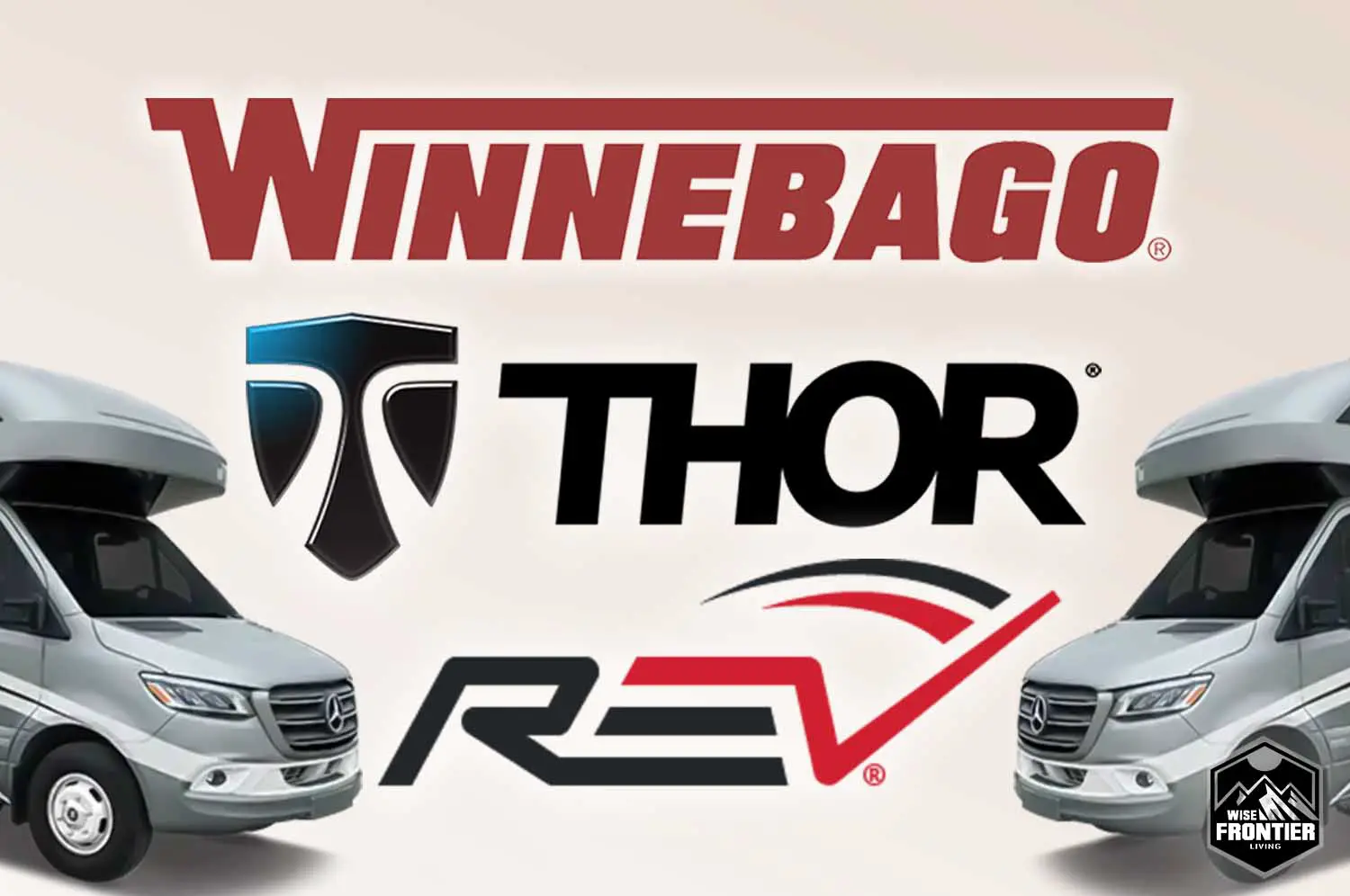
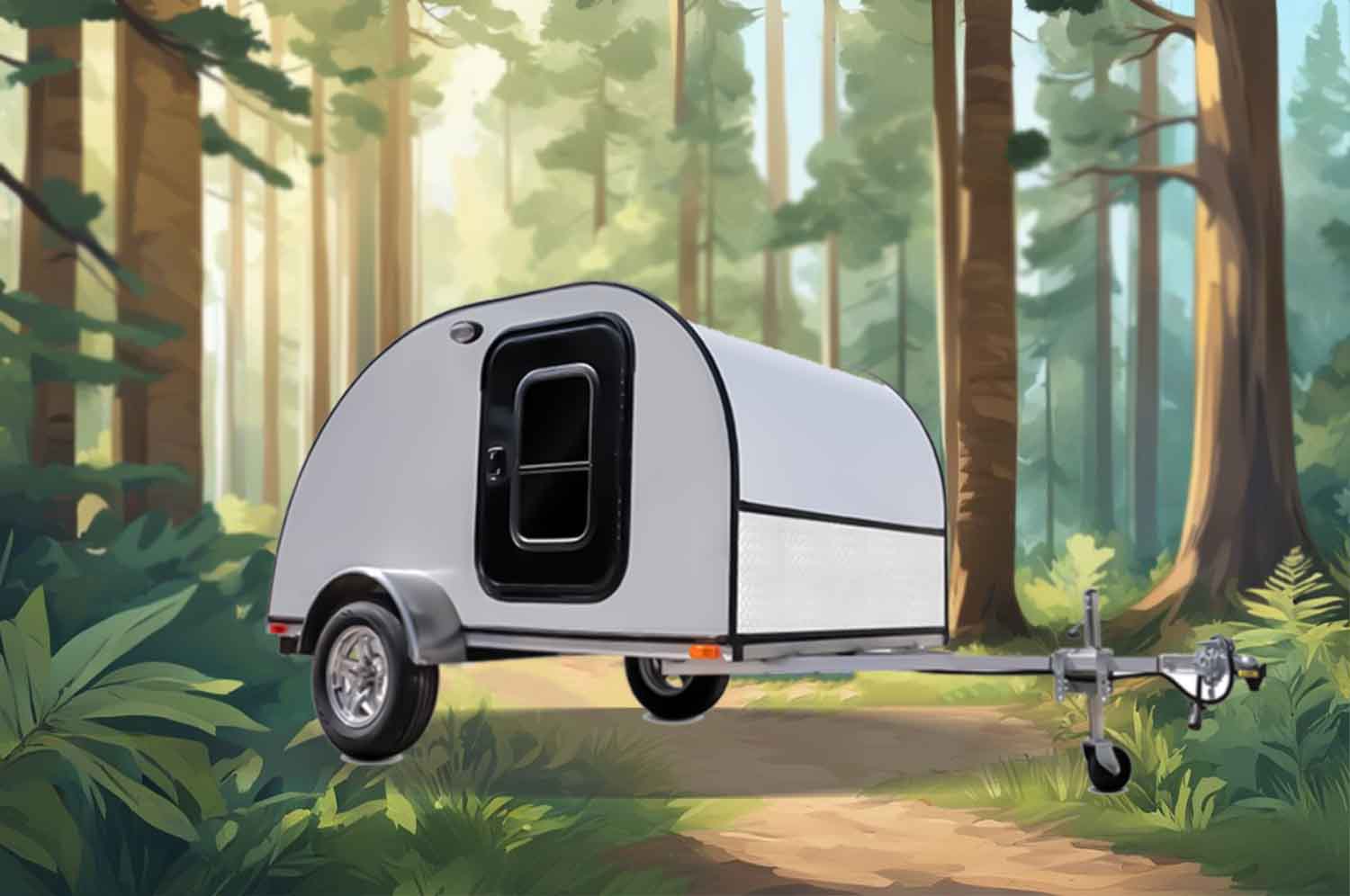
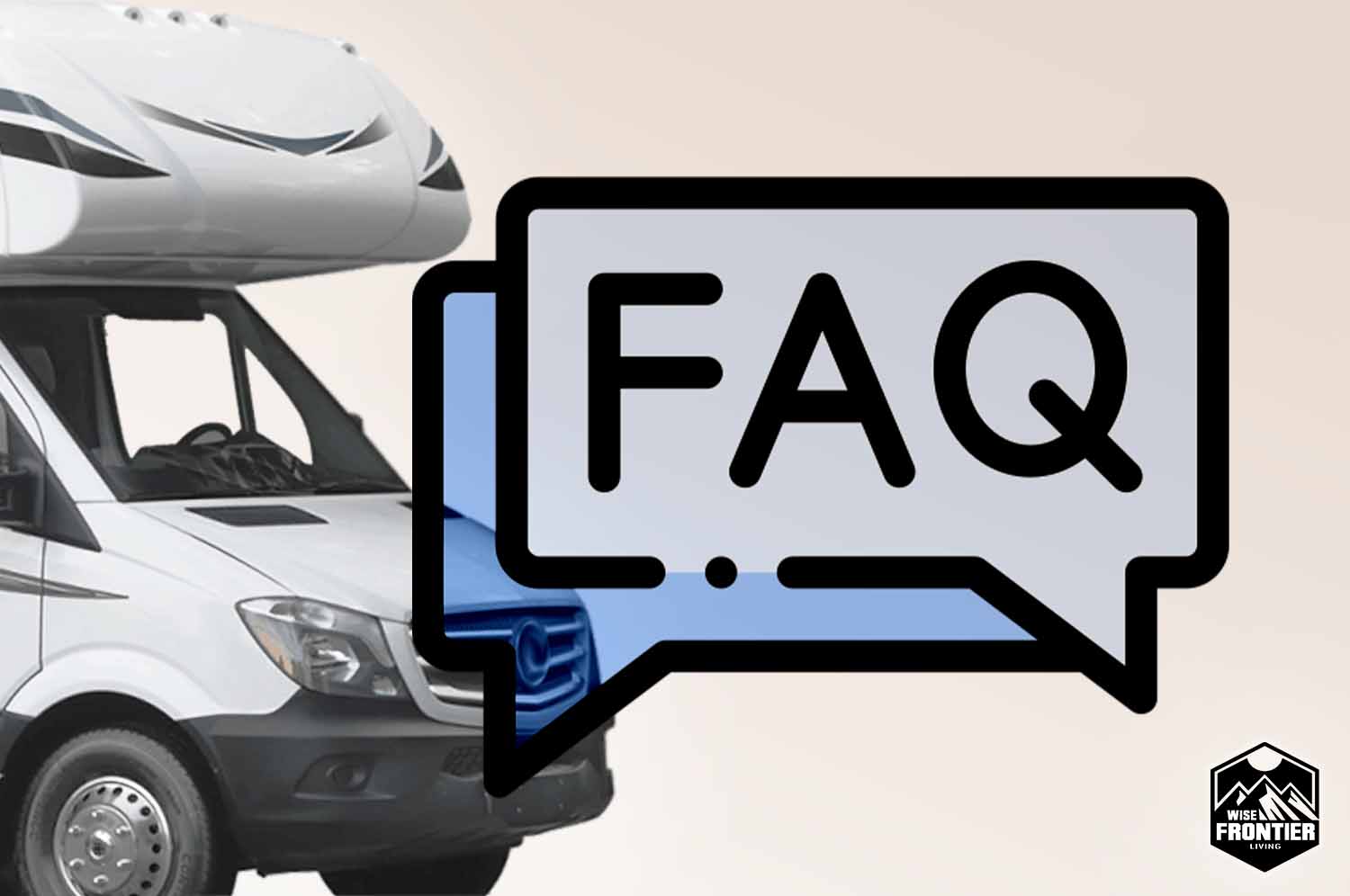
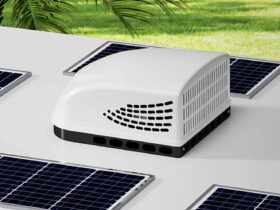
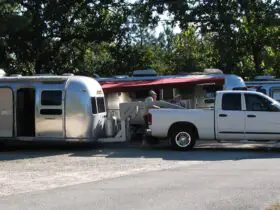
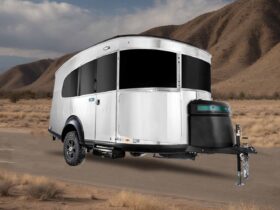

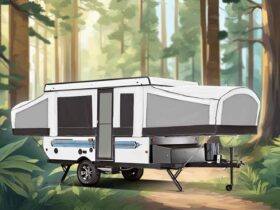
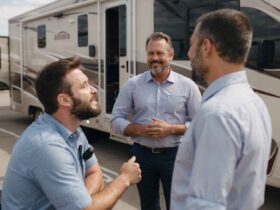
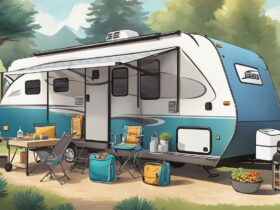
Leave a Reply